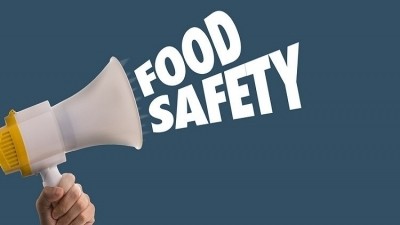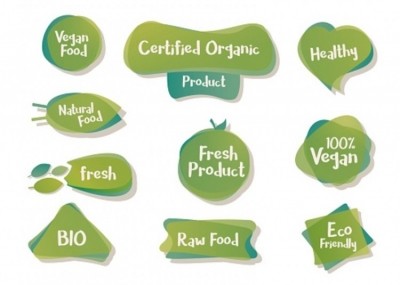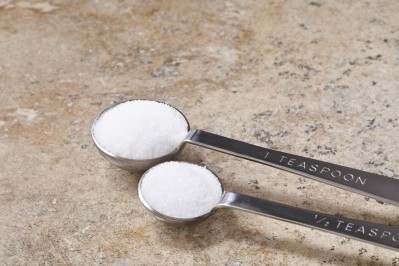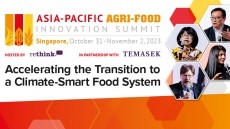Post-COVID impact: South Korea's health functional food imports decline for first time in four years
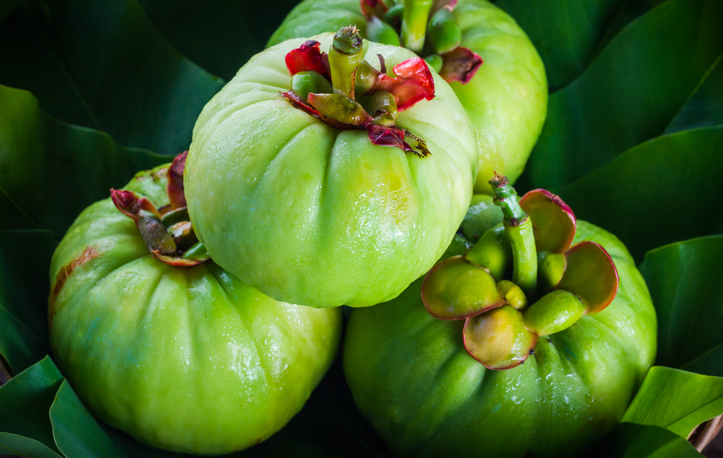
The Ministry of Food and Drug Safety (MFDS) released the country’s food imports statistics for the first half of 2023, showing details of food, agricultural, aquacultural, and HFF imports.
This is the first time that HFF imports came down in four years.
Ever since COVID-19 begun, HFF import volume grew at an average of 14 per cent each year during the first six months of year 2019 to 2022.
South Korea’s HFF imports peaked in the first half of 2022 at 12,894 tons. Before COVID-19, import volume was 7,625 tons.
The decline was thought to be due to the lifting of COVID-19 social distancing measures and decreased health consciousness among consumers, the MFDS said.
Complex nutrients, FOS imports down
The greatest decline was seen in the imports of complex nutrients, nutrient and functional complex products, and fructo-oligosaccharides. However, xylitol and garcinia cambogia extract imports had seen an increase.
Complex nutrients and nutrient and functional complex products are traditionally the largest HFF import categories in South Korea.
The former refers to products containing more than one type of vitamin and/or mineral, while the latter refers to products combining vitamins and/or minerals with functional raw materials such as botanicals.
In the first half of 2023, the amount of complex nutrients imported was worth US$147.7m, down 17.7 per cent, although import volume was up 5.2 per cent to 4,236 tonnes.
The amount of nutrient and functional complex products imported was worth US$76.5m, down 29.9 per cent. Import volume shrunk 28.7 per cent.
Fructo-oligosaccharides, usually used as a prebiotic, also shrunk 71.4 per cent in terms of volume to 289 tonnes, while the volume imported was worth US$1.26m, down 67.6 per cent.
Vitamin C, which saw a spike in consumption during COVID-19, was down 0.8 per cent in import volume to 222 tonnes, while the volume imported was worth US$9.66m, a decrease of 27.4 per cent.
While most of the HFF categories had shrunk in imports, growth was seen in the imports of xylitol, where import volume shot up 210.2 per cent to 620 tonnes, with the imports valued at US$3.07m.
Interestingly, the entire xylitol imports came from Finland as the ingredient was allowed for use in HFF after a company managed to obtain individual functional claim.
Based on an earlier report, the functional claim was about reducing the risk of dental caries or dental cavities in individuals aged three to 80.
Garcinia cambogia extract, commonly used for weight management, also saw its import volume rose 58.8 per cent to 354 tonnes.
North America and Europe dominate HFF imports
The majority of South Korea’s HFF imports came from North America and Europe.
For example, more than half (52.9 per cent) of the country’s complex nutrient imports came from Germany. The US was the next largest contributor at 32.9 per cent, followed by Canada at 6.2 per cent.
The US took the top spot for nutrient and functional complex product imports, accounting for 53.6 per cent of the imports. Canada came in second at 24.1 per cent and Germany third at 6.9 per cent.
As for EPA/DHA, the bulk of the imports came from Canada at 19.6 per cent, followed by the US at 15.7 per cent, and Norway at 13.2 per cent.
The exception was seen in psyllium husk dietary fibre, where imports mostly came from Asia, more specifically India, where 90.8 per cent of the imports came from.
The remaining imports mainly came from US (nine per cent) and China (0.1 per cent).

